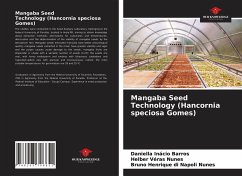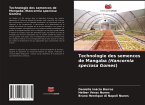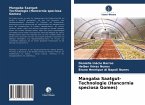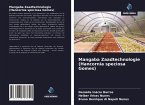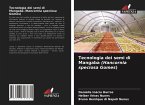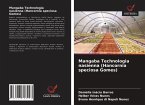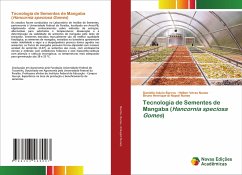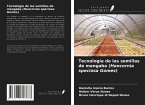The studies were conducted in the Seed Analysis Laboratory, belonging to the Federal University of Paraíba, located in Areia-PB, aiming to obtain knowledge about extraction methods; alternatives for substrates and temperatures; desiccation and the determination of the viability of mangaba seeds by the tetrazolium test. Mangaba seeds extracted manually have better physiological quality; mangaba seeds extracted in the mixer have greater viability and vigor and the pulper causes acute damage to the seeds; mangaba fruits are ellipsoidal in shape with a variable number of seeds (2-27); the seeds are oval, with horny endosperm and embryo with foliaceous cotyledons and hypocotyl-radicle axis with plumule and inconspicuous radicle; the most suitable temperatures for germination are 28 and 25 ºC.
Bitte wählen Sie Ihr Anliegen aus.
Rechnungen
Retourenschein anfordern
Bestellstatus
Storno

